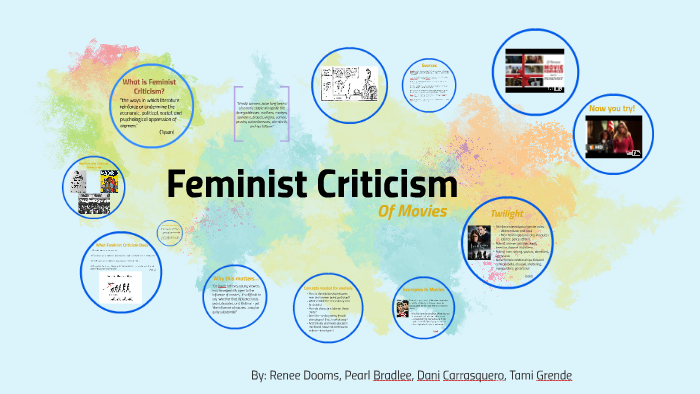Feminist Criticism: Goals, Types, and Principles – Feminist criticism is a literary and cultural theory that focuses on analyzing and critiquing how literature, art, and culture often reinforce and reflect gender inequalities and social norms. It seeks to uncover and challenge the representation of women and gender in various forms of media and literature.
By examining these representations, feminist criticism aims to raise awareness about the complex ways in which power dynamics and societal structures influence our understanding of gender roles. https://gameslot.id/
Main Goal of Feminist Criticism
The main goal of feminist criticism is to highlight and challenge the ways in which women and femininity have been historically marginalized, misrepresented, or excluded from cultural narratives. mustang contracting

It aims to shed light on the power dynamics that shape these representations and to advocate for more accurate and empowering portrayals of women. By doing so, feminist criticism strives to contribute to broader conversations about gender equality and social justice.
Types of Feminist Criticism
There are three primary types of feminist criticism, each with its unique focus and approach:
- Gynocriticism: This type of feminist criticism centers on the study of women’s writing and women’s experiences. Gynocritics analyze how female authors have navigated the literary landscape and how their works challenge or subvert traditional gender norms.
- Gender Feminism: Gender feminism examines how gender roles and identities are constructed and portrayed in literature and culture. It delves into the ways in which gender expectations and stereotypes affect characters and narratives.
- Cultural Feminism: Cultural feminism explores the intersections of gender with other social categories such as race, class, and sexuality. It investigates how different aspects of identity influence and interact with one another in cultural representations.
Four Principles of Feminist Criticism
Feminist criticism operates on four foundational principles that guide its analysis:
- Challenging Patriarchy: One of the core principles of feminist criticism is to challenge the dominance of patriarchal structures and ideologies. It aims to reveal how traditional power imbalances between genders shape narratives and perspectives.
- Representation and Misrepresentation: Feminist criticism closely examines the representation of women and femininity in literature and culture. It identifies instances of misrepresentation, objectification, or reduction of women to stereotypes and advocates for more diverse and authentic portrayals.
- Intersectionality: Recognizing that gender intersects with other identity markers, feminist criticism emphasizes the importance of intersectionality. It explores how various forms of discrimination and privilege interact and affect individuals’ experiences.
- Empowerment and Agency: Feminist criticism seeks to highlight women’s agency, autonomy, and empowerment in narratives. It values stories that showcase women as active participants in their own lives and challenges narratives that portray them as passive objects.
The Relationship Between Gender Criticism and Feminist Criticism
Gender criticism and feminist criticism are closely related, yet they have distinct focuses. While feminist criticism is concerned with analyzing the representation and treatment of women in literature and culture, gender criticism goes beyond binary notions of gender.
Gender criticism examines how masculinity and femininity are constructed and performed, regardless of the gender identity of the characters involved. Both approaches aim to uncover underlying power dynamics and societal influences, contributing to a deeper understanding of how gender operates in different contexts.
Conclusion
Feminist criticism plays a vital role in uncovering the complexities of gender representation and power dynamics in literature, art, and culture. By examining how women and gender are portrayed, feminist criticism challenges traditional norms, promotes diversity and equality, and contributes to the ongoing dialogue surrounding gender issues.
Understanding the main goals, types, and principles of feminist criticism provides a valuable lens through which to analyze and appreciate the rich tapestry of human stories and experiences.